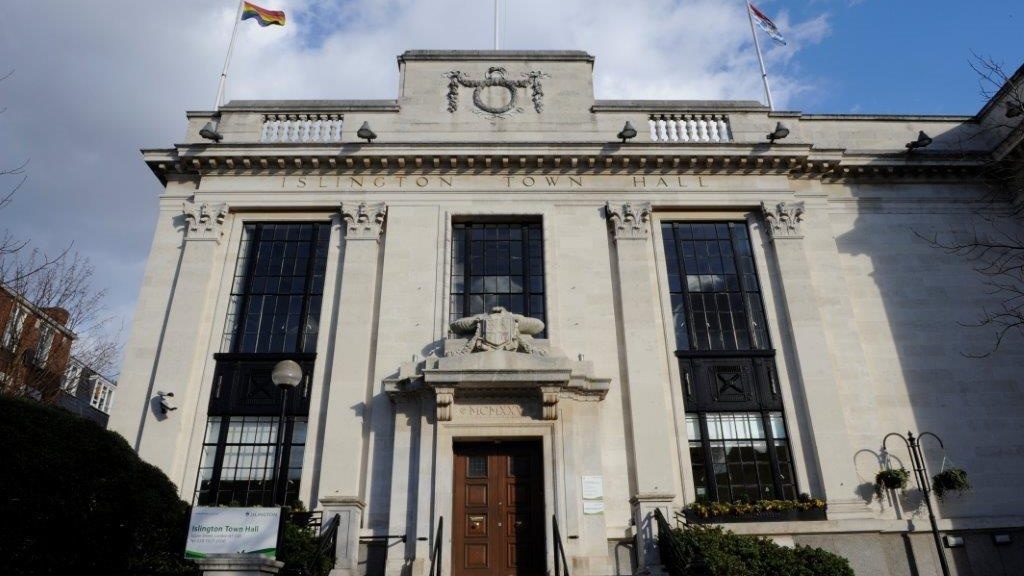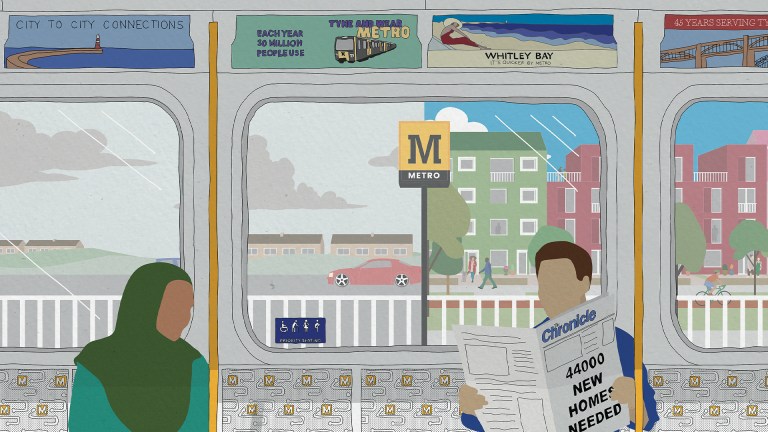A London council has brought the management of more than 4,000 social homes back in-house after a 16-year Private Finance Initiative (PFI) contract ended.
Islington Council struck a reported £420milllion deal with private sector consortium Partners for Improvement in Islington (Partners) in 2006 through the controversial and much-criticised PFI policy, which allowed private firms to provide public services.
But in 2018 the council indicated it wanted to bring the services back in-house following complaints from tenants and leaseholders, who accused Partners of not carrying out repairs and a lack of accountability. During a consultation in 2020, 91 per cent said they would prefer their homes to be managed by the council.
Islington’s deputy leader and housing chief Cllr Diarmaid Ward said he was “absolutely delighted” the homes were back in the council’s hands and promised a “much closer” relationship with tenants and leaseholders.
He told The Big Issue: “I know a lot of residents have been very, very disappointed with Partners over the years in terms of complaints, repairs and customer care. I share an awful lot of those concerns.”
He added: “I would encourage all councils that outsourced during the PFI years to have a look at where they are now and see if they can make bringing them back in house work.”










